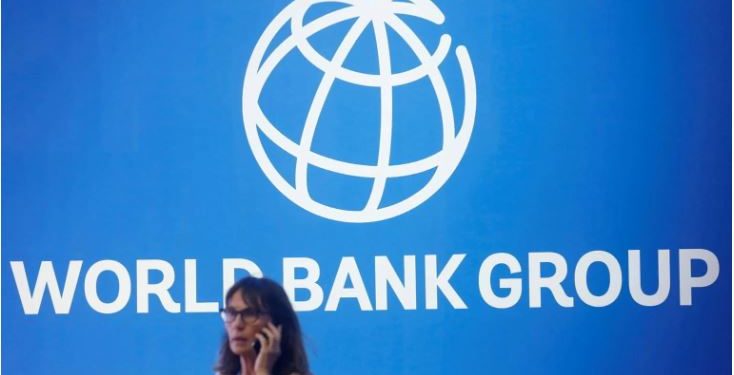The World Bank has approved $1.5 billion in financing for Ethiopia, marking its first-ever budget support lending to the country. This decision comes as Ethiopia advances its long-running debt restructuring efforts.
The East African nation secured a four-year, $3.4 billion program from the International Monetary Fund (IMF) on Monday, following the central bank’s decision to float its currency, the birr. This pivotal move has set the stage for Ethiopia’s debt overhaul.
The World Bank’s financial package comprises a $1 billion grant and a $500 million low-interest credit line. This initiative represents the first direct budgetary support facility provided to Ethiopia by the global lender.
“This policy operation supports home-grown reforms that will ultimately help the country transition to a more inclusive economy that allows the private sector to contribute more strongly to growth,” the World Bank stated.
The bank plans to commit around $6 billion in new funds over the next three fiscal years, aiming to support economic reforms through fast-disbursing budget support.
The funding is part of a broader $10.7 billion financing package orchestrated by the IMF, World Bank, and other creditors. Ethiopian officials indicated that the financial support hinges on the government’s implementation of significant economic reforms, including the liberalization of the foreign currency market.
On Wednesday, the Ethiopian birr was down 3% against the dollar, trading at 77.13, after remaining relatively stable on Tuesday despite a 30% drop following its float on Monday.
Ethiopia initiated its sovereign debt restructuring under the G20 Common Framework in 2021 to provide relief to developing nations. However, progress was hindered by a civil war in the northern Tigray region, which concluded in late 2022.
Ethiopia’s debt restructuring process is similar to those of Chad and Zambia, which have completed their overhauls under the Common Framework. Ghana is also nearing the completion of its own restructuring under the initiative.
While Ethiopia’s move to a market-based foreign exchange rate has been welcomed by its development partners, some analysts warn that this could exacerbate inflation and the cost of living, particularly for the poorest residents.
In addition to its economic challenges, Ethiopia, with a population of 126.5 million, faces the impacts of climate change and the post-war reconstruction of Tigray.
Source: CNBC















